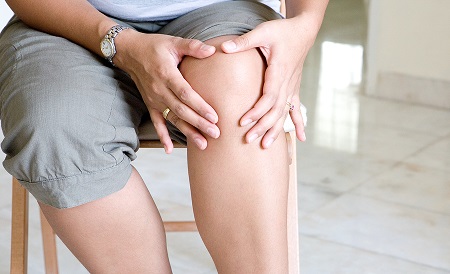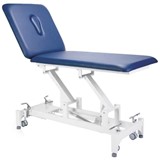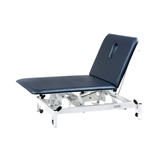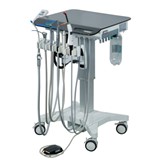Led by Monash University Professor Flavia Cicuttini, the researchers are looking at whether medications currently used to treat osteoporosis, a progressive bone disease, might be able to treat osteoarthritis.
Osteoarthritis is the most common cause of knee pain in people over 50. It is the third leading cause of disability after depression and dementia, and affects around 1.95 million Australians.
Professor Cicuttini said no treatment was proven to stop progressive joint damage, and while several drugs had been suggested to slow the disease, there was little conclusive evidence to support their use.
"Many people find their only option to relieve pain and improve their quality of life is to have joint replacement surgery," Professor Cicuttini said.
Bisphosphonates treatment
The researchers are looking at whether a once-a-year treatment of bisphosphonates might stop osteoarthritis getting worse.
"It is particularly exciting that a single treatment once a year may be helpful,” Professor Cicuttini said.
"If this medication is effective, it will be a completely new treatment for slowing knee osteoarthritis from getting worse. Our ultimate goal is to relieve pain and improve the quality of life for people with knee pain and osteoarthritis.”
The team are currently doing studies into treatments for osteoarthritis and their other study is looking at whether drugs used to lower cholesterol might slow the disease.
Findings for the studies will be available in the next three to four years.
The team are looking for those in Melbourne aged over 50 years who suffer from knee pain on most days to take part in the trial, and who are able to have a magnetic resonance imaging scan of their knee.
Contact the researchers for more information.
Email: [email protected]
Phone: 03 9903 0553






-160x160-state_article-rel-cat.png)
-160x160-state_article-rel-cat.png)











